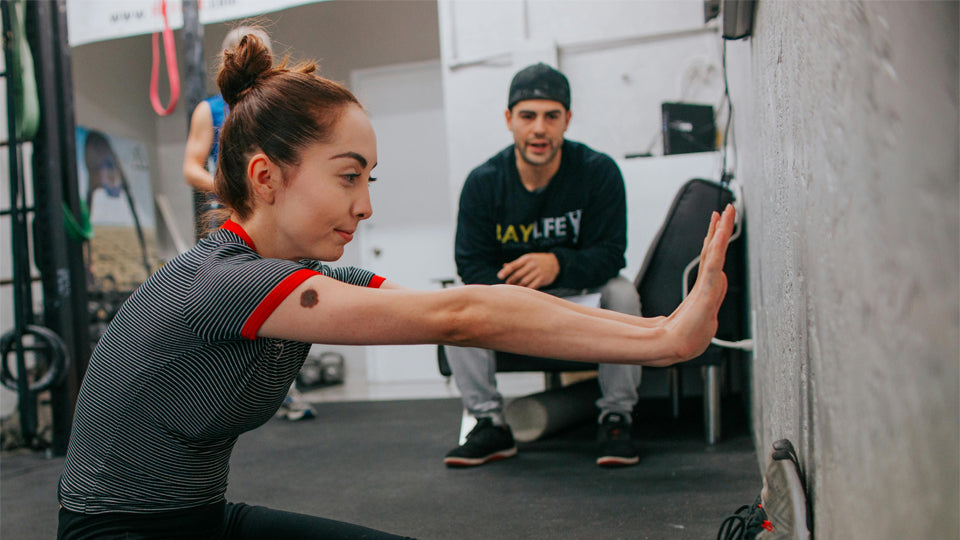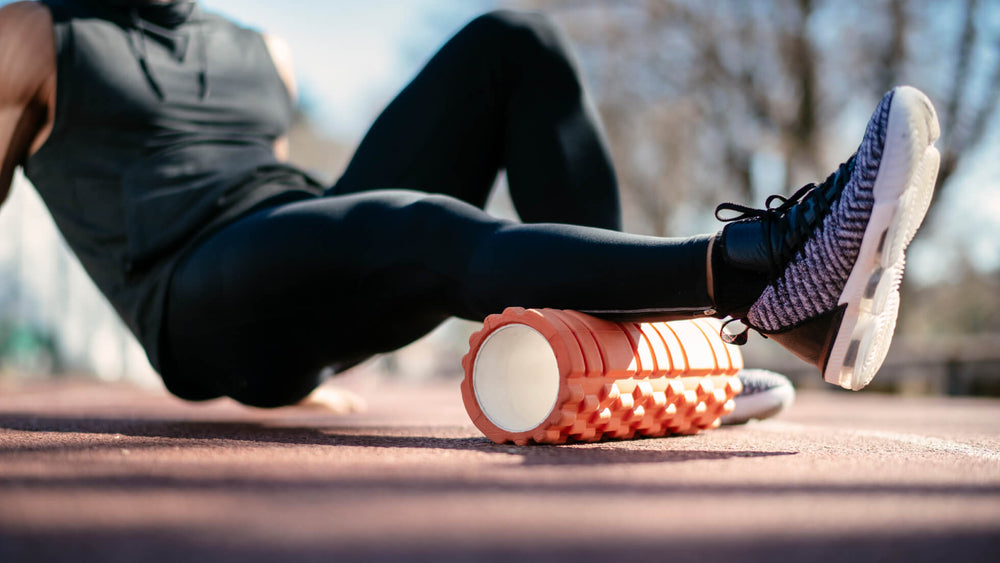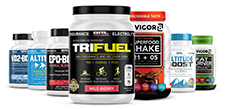Is a Professional Coach Worth It? The Real Deal on Coaching for Endurance Athletes

Here's a scenario every endurance junkie knows: You're scrolling Strava, checking out that local legend who seems to nail every workout, and you notice "Coach X Training Plan" in their activity description. Suddenly, you're wondering if it's time to level up your own training game. But at $100-250 per month, is professional coaching really worth it for amateur athletes? How do you find a good trainer? Will their exercise program help you get faster, lose weight, or achieve your fitness goals? Let's break down the good, the bad, and the "it depends" of working with a coach or personal trainer.
The Upsides: Why Coaching Might Be Your Secret Weapon
1. Personalized Training That Actually Makes Sense
Let's be honest, that cookie-cutter training plan you downloaded isn't doing you any favors. A good coach creates training sessions specifically for:
- Your current fitness level
- Available training time in a given week
- Specific race goals
- Life stressors and recovery needs
- Individual strengths and weaknesses
- Where you are in your fitness journey
- Your current body composition and future body weight goals
2. Accountability That Goes Beyond Strava Kudos
Having a coach means you’ll get regular check-ins, workout feedback, and performance tracking. A good coach will catch when you’re slacking or overtraining and give you professional guidance when it comes to race preparation. They’ll also incorporate new exercises into your routine to keep things from getting stale and prevent burnout.
3. Technique and Skills Development
Whether you're a cyclist, runner, or triathlete, proper form matters. Coaches can give you sport-specific drills, recommend equipment, give advice on pacing strategies, help with nutrition planning, and incorporate strength training to help you avoid injury.
4. The Science Behind the Suffering
Good coaches stay current with sports science and can help you understand how certain workouts help you get closer to your goals. Through tracking metrics, implementing proper periodization, knowing your training zones, and adjusting your training based on data, you’ll likely be able to get faster and stronger quicker while avoiding injury.
The Potential Downsides: When Coaching Might Not Be Your Jam
1. The Cost Factor
Let's talk money. Coaching can run you anywhere from $100–250 (and sometimes even more!). Plus there’s technology requirements like having a running watch or power meter on a bike. Add in race fees and equipment upgrades and working with a coach can start to add up.
2. Loss of Training Flexibility
Some athletes struggle with strict workout schedules, prescribed intensities, regular reporting requirements, structured recovery periods, and limited opportunities for spontaneous training. If variety is the spice of your life, you may not enjoy the structure that working with a coach brings.
3. The Wrong Coach-Athlete Match
Not every coaching relationship works out. Sometimes there are communication issues, clashing training philosophies, availability issues, or personality conflicts that result in a mis-match of expectations. This is why it’s important to work with a coach who meshes with your style.
Making the Decision: Is Coaching Right for You?
Consider Coaching If:
You're Serious About Goals
Big goals on the horizon? If you’re training for your first ultra, aiming for a podium spot, coming back from an injury, or want to achieve weight loss and build muscle, coaching can probably get you there.
You're Stuck in a Rut
If your performance has plateaued over the past couple seasons, or you’re dealing with low motivation, a coach might be just the cheerleader you need. Alternatively, if you find yourself facing recurring injuries or technical weaknesses, a coach can give you tailored advice and workouts to help you improve on your weak spots.
You Have the Resources
If you’re at a point in your life where you have the time and resources to complete workout plans as prescribed, you can definitely benefit from coaching! A strong willingness to follow a fitness routine and invest in proper equipment is what every coach dreams of!
Maybe Skip Coaching If:
You're Just Getting Started
If you’re brand new to endurance sports and still building base fitness, you may benefit just as much from a pre-made training program online or participating in group fitness classes, bike rides, and run clubs. The same thinking applies to if you’re not sure about what your long-term goals are, want to test out different disciplines, or have limited training time.
You're a Free Spirit
It’s okay to be spontaneous! Structured workouts aren’t everyone’s jam. If you’re more concerned with general well-being vs. performance goals or really value the social aspect of training, then working with a coach might not be for you.
Finding the Right Coach: Your Homework
1. Define Your Needs
- What are your specific goals?
- What's your budget?
- How much contact do you want?
- What's your preferred communication style?
- What's your learning style?
2. Do Your Research
- Check credentials and certifications
- Read client testimonials
- Review their coaching philosophy
- Examine their experience level
- Look at their current athletes
3. Ask the Right Questions
During initial consultations, ask about:
- Communication frequency and method
- Training philosophy
- Experience with your goals
- Technology requirements
- Payment and cancellation policies
Alternative Options to Consider
1. Group Coaching
- Lower cost than 1-on-1
- Community support — good for beginners
- Structured fitness program and effective workouts
- Some personalization
- Regular feedback from a personal trainer
- Achieve weight loss if that’s the primary goal
- Usually a mix of cardio and strength training
2. Training Plans
- One-time purchase
- Flexible implementation
- Self-paced
- Lower cost
- Good for self-motivated athletes
The Bottom Line
Professional coaching isn't just for elite athletes anymore. For many amateur endurance athletes, it's become a valuable tool for achieving their fitness goals, preventing injuries, and making the most of limited training time. However, it's a significant investment that requires careful consideration.
Before taking the plunge, honestly assess your commitment level and resources. Remember, the best coach in the world can't do the work for you – they can only guide you toward your potential.
If you decide coaching is right for you, take time to find the right match. The perfect coach-athlete relationship can transform your exercise routine from a series of workouts into a strategic journey.
Take the next step in your training regimen: Try any BRL Sports supplement risk-free! If our natural nutritional products aren’t the best you’ve ever used, simply return your purchase for a 100% refund — no questions asked!
Also in Inspiration & Perspiration

High Altitude Supplements: Complete Guide to Training & Prevention (Altitude Sickness Solutions)
Support endurance and reduce altitude stress with supplements that improve oxygen efficiency, stamina, and recovery in high-altitude conditions.

Best Supplements For Runners: Complete Guide By Training Phase (Base, Peak, Taper & Race Day)
Discover the best supplements for runners by training phase—base, peak, taper, and race day—to boost endurance, recovery, and performance.

Creatine for Endurance vs. Sprint Efforts
Creatine isn’t just for power—learn how it boosts sprint speed, recovery, and endurance performance.


